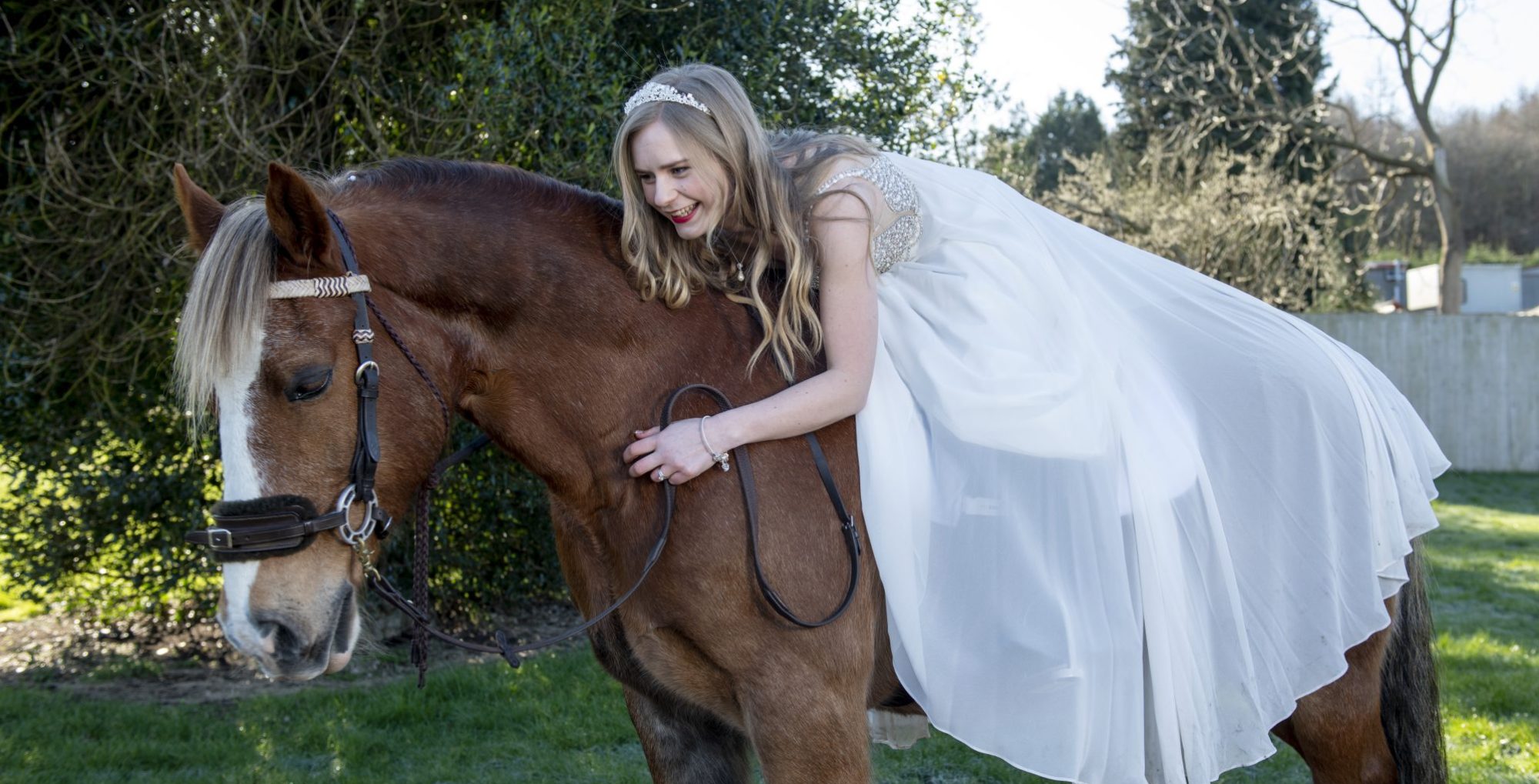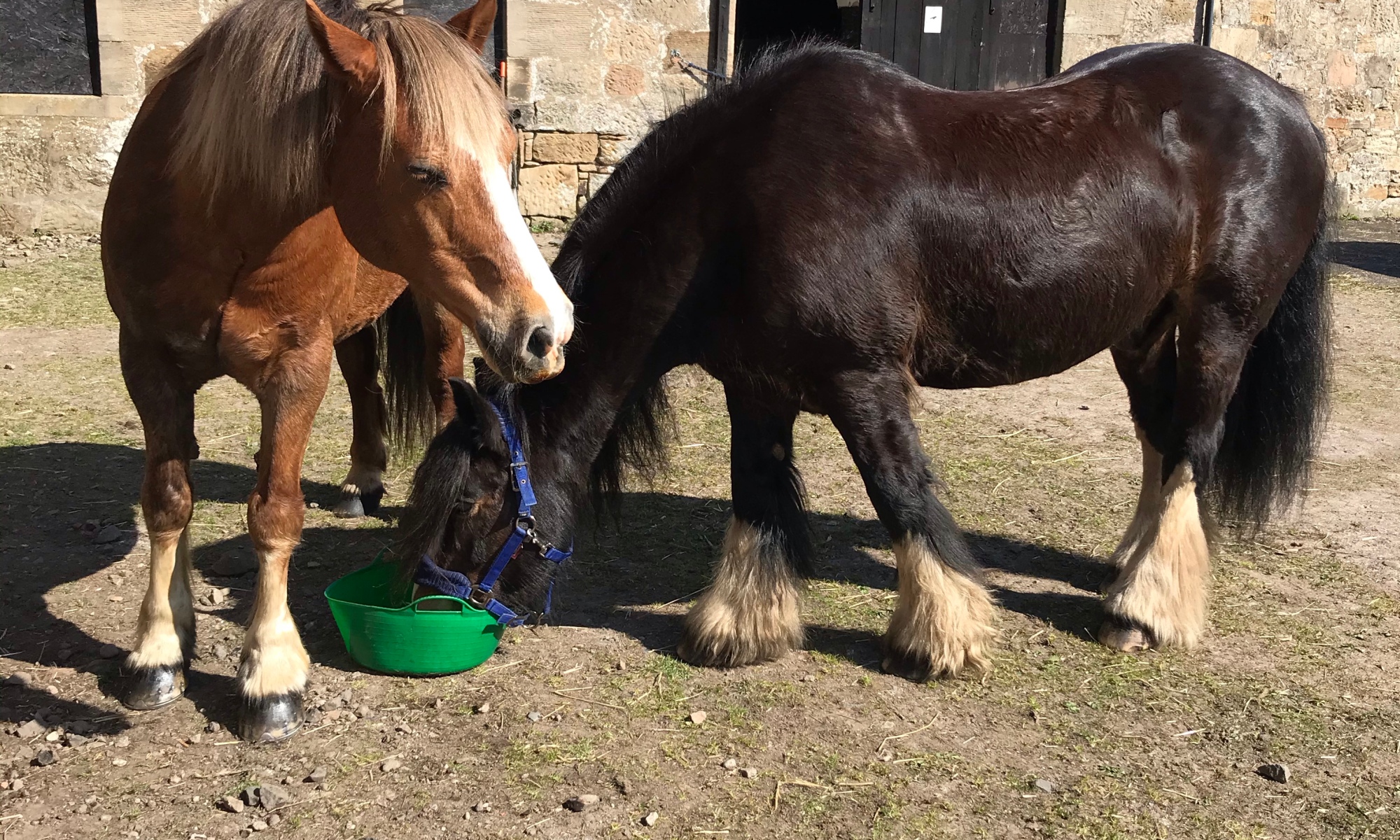Trust and understanding are my main goals when working with horses. I believe if you have these, then you are forming solid foundations upon which to build your relationship with your horse. Sometimes, problems arise in relationships which require understanding and communication to solve. I believe this is best achieved through keeping in mind that learning is a process and it begins with ABC.
Antecedants- these are the things that happen just before your horse does something.
Behaviour- This is what your horse actually does.
Consequence- This is what happens immediately after the behaviour.
By being aware of this process, you will open your eyes to what is actually happening in front (or under) you as opposed to what you think is happening. We all love to humanise our horses and I am SO guilty of it that I even have my ‘Bo’ voice. But, when it comes to horse training, it is far more beneficial to literally think like a horse.
I am passionate about equine behaviour and I love to talk all things horse problems so in today’s post, I am going to focus on the very first step to understanding behaviour, and that is understanding antecedents.
Antecedents
From my experience, a lot of problems with our horses arise because we haven’t trained our eyes to notice the antecedents and, as a result, these are often overlooked.
If you can spot exactly what happened before the behaviour begins, you are on your way to solving your problem.
For example, you are out on a lovely hack. All is jolly well until your horse plants, refuses to move and makes for a mad dash home. You might be wondering what on earth happened. Then, next time, they do the same thing. If you’re not tuned in to knowing when and why your horse is likely to nap, he’s going to keep doing it. If you pay attention, there might be some tell-tale signs which can help you to solve the problem. Maybe he starts to tense up, maybe he becomes more spooky, maybe he starts to slow down. Notice when it’s about to happen and re-direct the behaviour. Do something random to take their mind off of what they’re about to do. If the horse habitually naps at certain points when out on a hack, you could ride out, jump off well before that problem area and lead the rest of the way to help build your horses confidence. The point is, once you know the issue and what potential causes are apparent, you can start to fix it.
I remember when I was doing my Equine Behaviour Course. The lady who taught the course showed us a video of her working with her horse- Elvis. They were doing some groundwork and then, suddenly, Elvis took off across the school! When I first watched it, I didn’t understand why he did that. Then, when we re-watched it, Elvis actually gave a sign that he was fed up and bored. It was tiny, miniscule even, but he shook his head. Had my lecturer noticed this and changed what she was doing, perhaps this explosion would not have happened.
I find that many are quick to blame the horse without actually analysing themself and I believe we are all guilty of this in some way or another. However, if we can start to slow down and pay attention, we might be able to gain a deeper understanding of how our own actions are influencing our horses.
A good idea is to video yourself. If you have the behaviour captured on video, you can then analyse it and look for the tiny little things that you might be doing to cause the behaviour. You can also look at the horse and begin to compare if there are similarities to the sequence of behaviours.
Horses don’t do anything for no reason. There is always a reason for a behaviour. Behaviour is simply communication after all. Our job as horse-parents, is to work out what they are communicating, listen carefully and try to find ways to resolve the issue and build a relationship based on trust and understanding. I always think if I feel myself forgetting to listen to Bo: how would I feel if I were really trying to explain something to someone and they just ignored and dismissed me? If someone constantly did this to me, I probably wouldn’t want to spend too much time with them and the relationship wouldn’t be fair or solid. It’s the same with our horses- they are social creatures who communicate so beautifully and minimally yet they understand each other and listen to one another.
So, next time you have a little problem with your horse, try to tune in and notice what happens before the behaviour. It really can make all the difference!
Happy Horsing!



The more time you spend with your horse the better you will become at picking up those clues to what is going to happen next. Good post!
LikeLiked by 1 person
I absolutely agree! Thank you! 😊
LikeLiked by 1 person